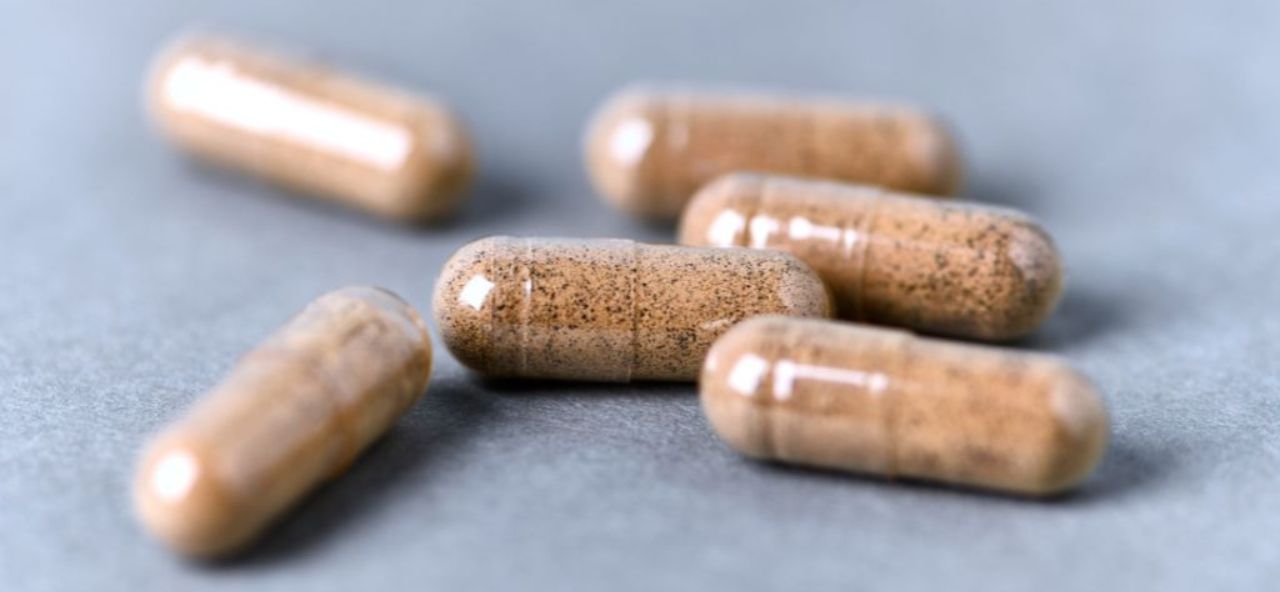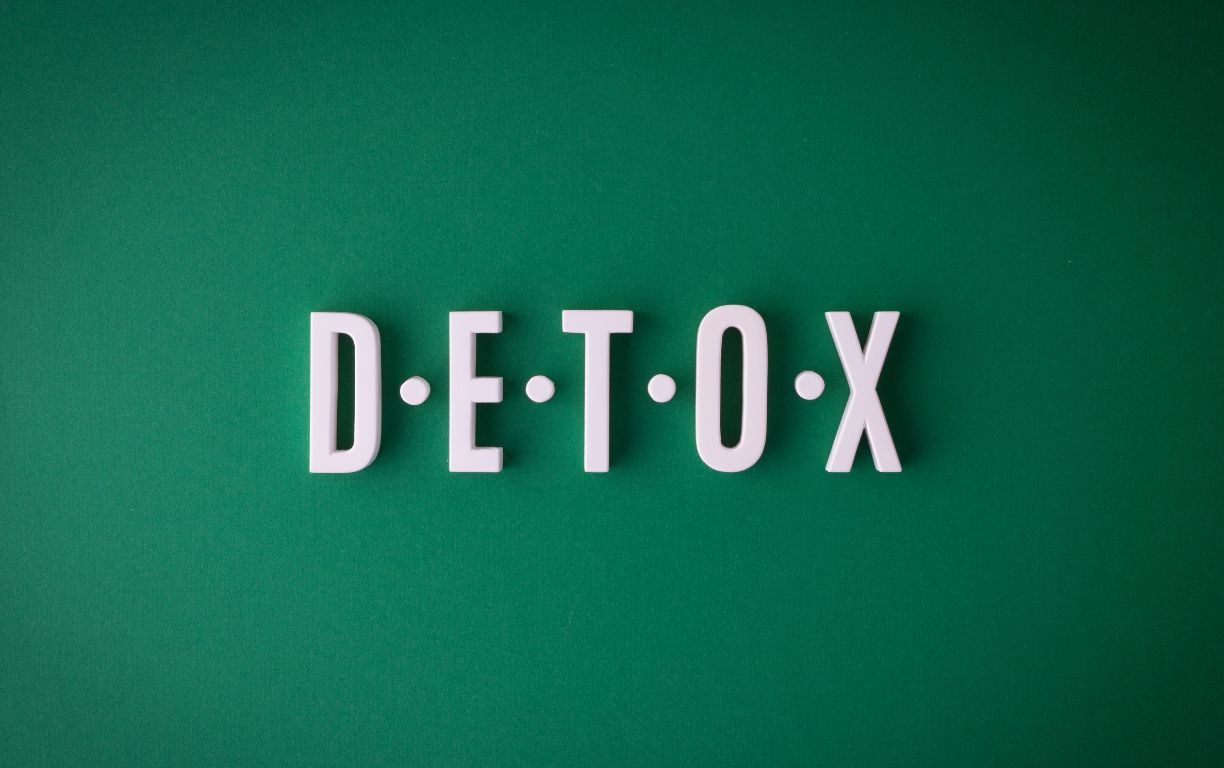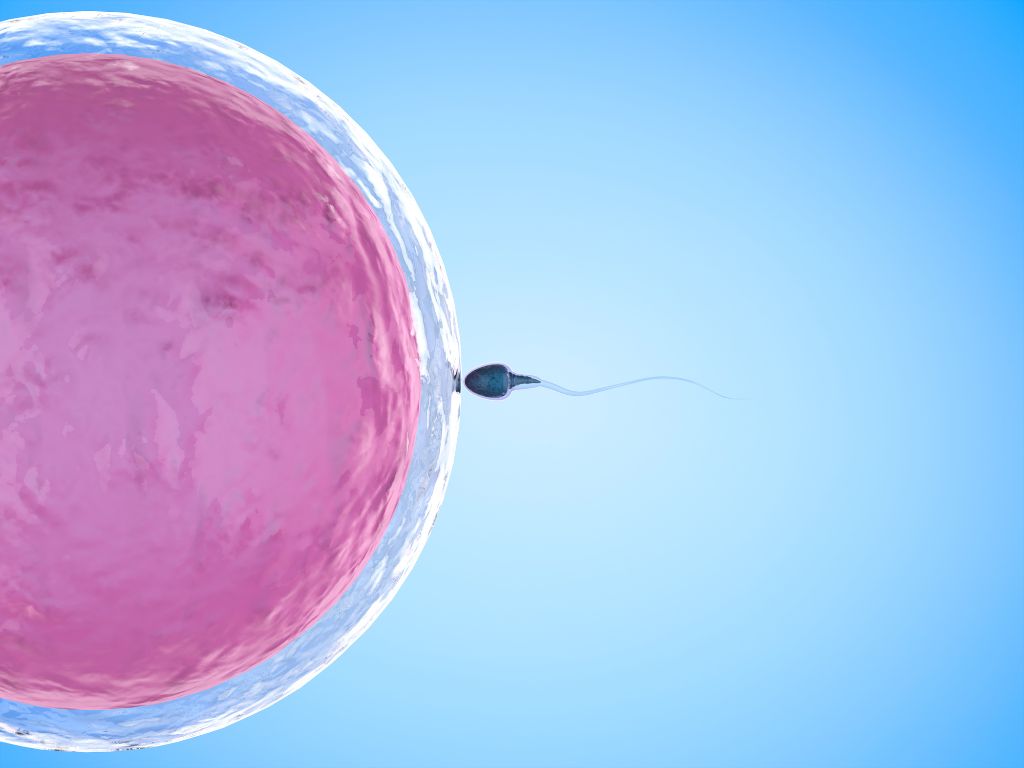What is Ashwagandha?
Ashwagandha is one of the most often suggested adaptogens for men who feel out of shape and wish to regain their vitality. It is also frequently used to support the body's capacity to tolerate stress, and the herb has occasionally been believed to increase testosterone levels.
Ashwagandha is one of the few adaptogens and other traditional medicines associated with masculinity. The popularity and distribution of testosterone-boosting supplements typically outpace the study of their effects. As this is also the case with Ashwagandha, many individuals question whether the herb may actually increase testosterone levels or if its potency has been exaggerated.
How does Ashwagandha work?
Ashwagandha appears to support the testicles and increase fertility; this has been observed in males with low fertility and poor sperm quality. The first study to demonstrate a rise in testosterone levels was conducted on mice. Later research on individuals (men in particular) with poor or low fertility revealed an increase in sperm quality. In the same trials, testosterone levels increased by 14–40% and 10–22% compared to the baseline values, i.e., the levels measured before the start of the research. It is unclear whether Ashwagandha also enhances sperm quality in males without reproductive issues.
It is important to remember that supplements that support the testicles with antioxidants can increase testosterone levels only in men who are infertile and not in fertile men (this applies, for example, to vitamin E and coenzyme Q10). Other fertility supplements, such as D-aspartic acid (DAA), are sometimes mistaken for testosterone boosters because of the positive effects they have on infertile men. According to one study, Ashwagandha can enhance testosterone levels by up to 15% in healthy, strength-training males—an increase that would normally be difficult to get with dietary supplements.
Despite the fact that Ashwagandha is mostly utilized as a fertility supplement, there is no denying that the herb may also be used to increase testosterone levels. However, the research foundation for its testosterone-increasing effects is still somewhat limited, and further replication trials would have been useful.

Ashwagandha for both men and women
Although there are no studies proving Ashwagandha's effect on female fertility, other significant effects and connections have been examined. As an adaptogen, ashwagandha enhances the body's endurance and resistance. The herb has the ability to affect corticosteroids, a category of stress hormones in the body, as well as inhibit the release of some stress-related signaling substances. Ashwagandha relieves stress and anxiety in this manner, and studies show that it can help improve tiredness, sleeplessness, and depressive symptoms. It has been shown that Ashwagandha impacts testosterone levels not just through the testicles but also through other organs present in both sexes; however, the precise mechanism remains unknown. Therefore, it is probable that women will also experience these effects.
How to use Ashwagandha for maximum effect
The majority of clinical studies have used daily doses ranging from 250 to 600 mg of a concentrated Ashwagandha extract. In research examining the effects of the herb on testosterone and fertility, the daily dose has frequently been divided into two dosing times, such as morning and afternoon. In rare instances, ordinary dry Ashwagandha powder (not an extract, not standardized) has also been utilized in trials at doses of at least 5 grams per day.
Regarding Ashwagandha extracts, KSM-66 is believed to be the most thoroughly investigated. It is a 12-fold (12:1) concentrated and standardized extract containing at least 5% withanolides. This is an important detail, as this group of substances is regarded as the most biologically active and hence responsible for the herb's majority of beneficial effects.

Want to give Ashwagandha a shot?
At VitaMine, we prioritize quality and evidence, which is why our Ashwagandha supplement is derived organically from the well-researched KSM-66 extract. This means that 1 capsule per day, or 1 capsule in the morning and afternoon/evening, may be enough to get the desired effect.
The majority of clinical trials on Ashwagandha have lasted at least 8 weeks, but the most usual duration is 3 to 4 months; in other words, make sure to take Ashwagandha every day for a longer length of time to gain maximum effect.










